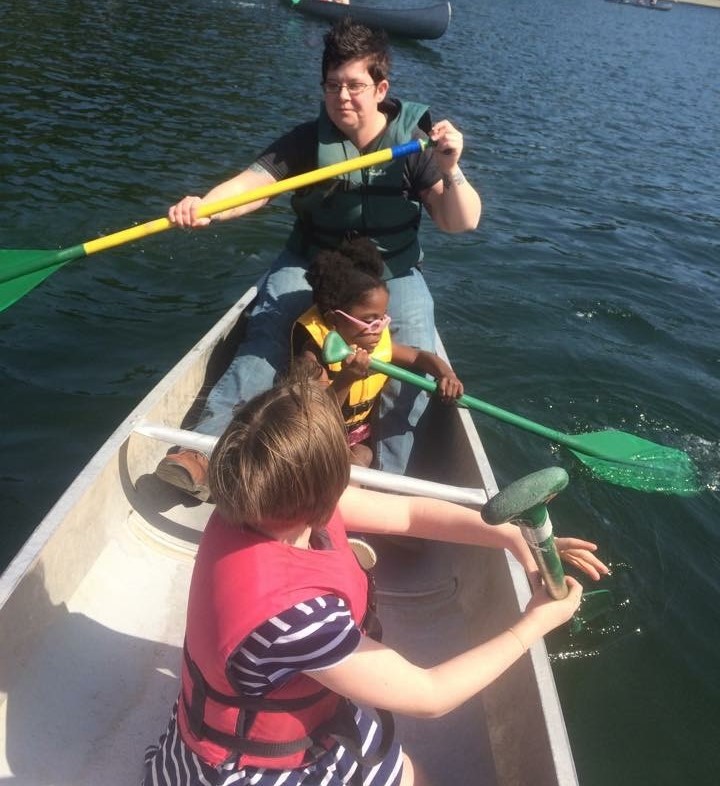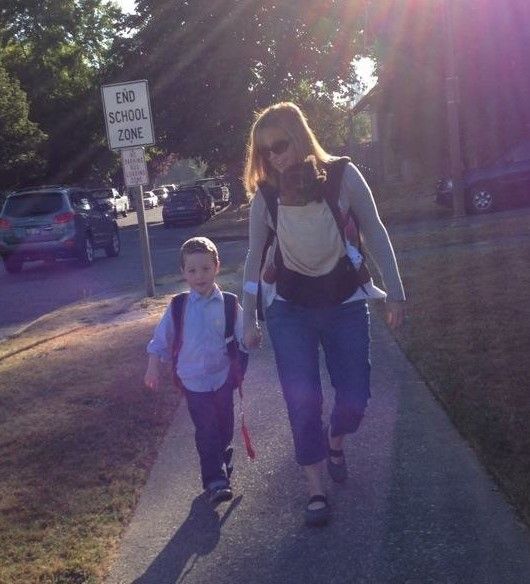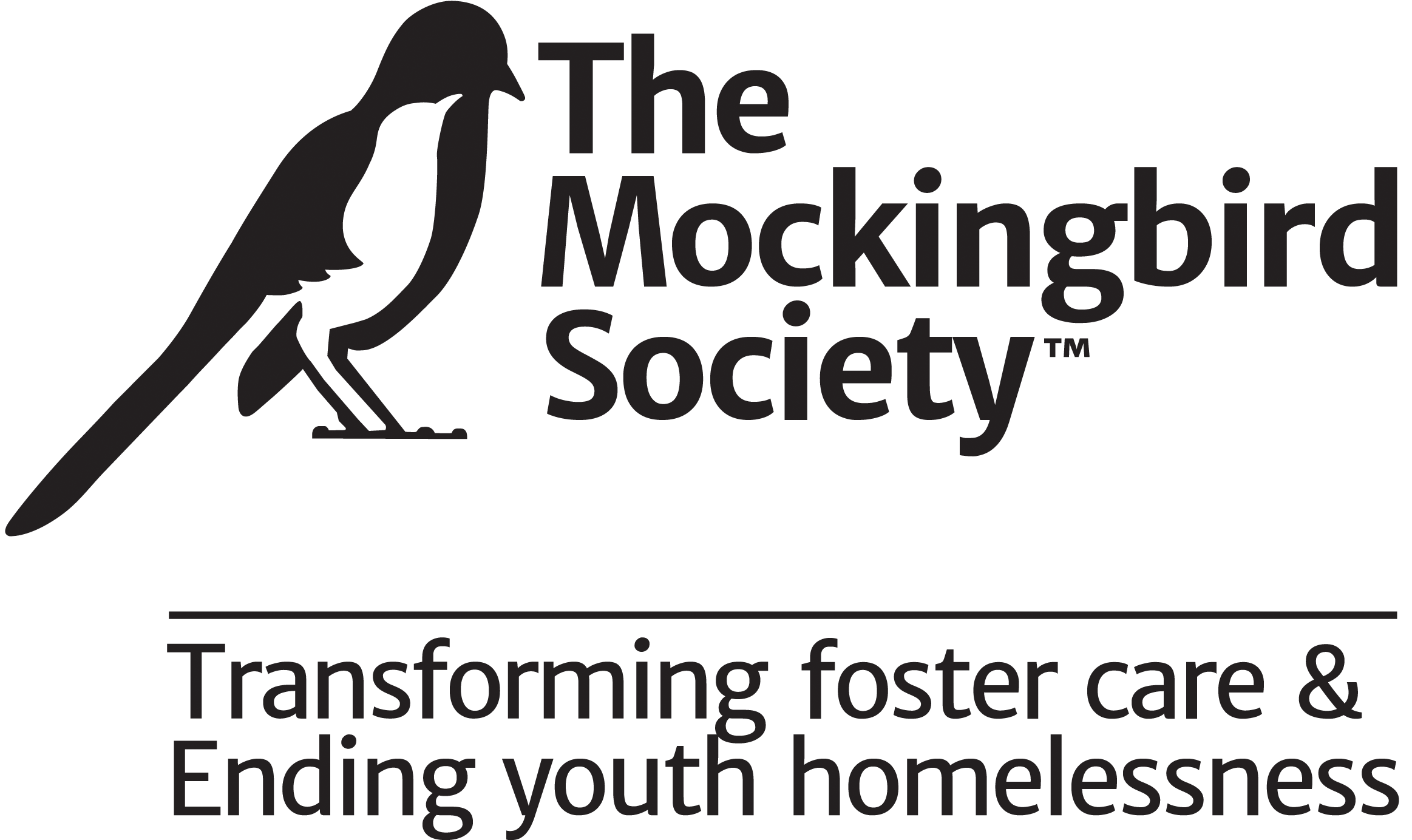Our Youth: More than just a “service”
 Oftentimes a young person in foster care doesn’t have a lot of adults in their life that aren’t providing them a “service” – their social worker, education support specialist, attorney, teacher, etc. The Mockingbird Family Model changes that dynamic by creating a micro community of adults who just want to be there for the youth – to become part of their extended family.
Oftentimes a young person in foster care doesn’t have a lot of adults in their life that aren’t providing them a “service” – their social worker, education support specialist, attorney, teacher, etc. The Mockingbird Family Model changes that dynamic by creating a micro community of adults who just want to be there for the youth – to become part of their extended family.
The Model unites six to ten foster/kinship families to a central, experienced foster family (a Hub Home) in a Constellation. In the Constellation, youth in foster care can develop positive relationships with other adults apart from their own foster parents. It provides a more normalizing experience for them, similar to developing those types of relationships with aunts, uncles, and friends of your parents.
The last time I was at Emily and Mary Pico’s house (a Hub Home), a teenage girl from one of the Satellite Families had just spent the night there. It was the day before homecoming and she, Emily, and a foster mom in the Constellation were all going to get their nails done together. They all knew what her dress looked like and were excited to help her prepare for the dance.
While this may sound like a normal occurrence to some, it’s casual encounters like these that are often missing from a young person’s life while in foster care. Moving homes, changing communities and schools, and losing connection to the adults they had relationships with is all too common.
The Constellation meets formally once a month for dinner, but often the families get together informally for social activities as well. Through this, young people are exposed to cultures and experiences that might not be present in their own homes. While one foster mom in the Constellation has no interest in kayaking, she is thrilled that Mary takes the kids out kayaking in the summer so her son can learn.
It also helps young people develop trusting relationships with adults that can help preserve placements in the foster home. As Emily recently wrote in the Mockingbird Times,
“When a youth can talk about what is hard about adjusting to a new family, school, social worker, and friends they are less likely to blow up in frustration at the people who care about them.”
Just like any yout h or young adult, having an adult that you can relate to and that you can confide in that is not your parent can be game-changing. The Picos work hard to make their home and themselves available and inviting so that those connections can happen. Emily often gets texts or phone calls from youth in her Constellation that need someone to listen, to comfort, to advise. She’s always there to be that support and many of those relationships have lasted beyond a youth’s time in her Constellation. She still stays in touch with some of them as they move to permanent placements, go on to college, and enter adulthood.
h or young adult, having an adult that you can relate to and that you can confide in that is not your parent can be game-changing. The Picos work hard to make their home and themselves available and inviting so that those connections can happen. Emily often gets texts or phone calls from youth in her Constellation that need someone to listen, to comfort, to advise. She’s always there to be that support and many of those relationships have lasted beyond a youth’s time in her Constellation. She still stays in touch with some of them as they move to permanent placements, go on to college, and enter adulthood.
“Being allowed into the lives of young people is an amazing gift. We cherish watching children and youth grow and succeed, and being able to be a source of love and compassion when things go wrong. Late night conversations on our couch, cooking together, going on hikes, and tucking children into bed are all parts of building long-term relationships that are steeped in a true connection that you get from spending time together, being vulnerable, and celebrating joyous occasions. Our goal is to build the kind of relationships with youth that we want our kids to have with other adults.”
– Emily & Mary Pico
That’s the power of the Mockingbird Family Model.
